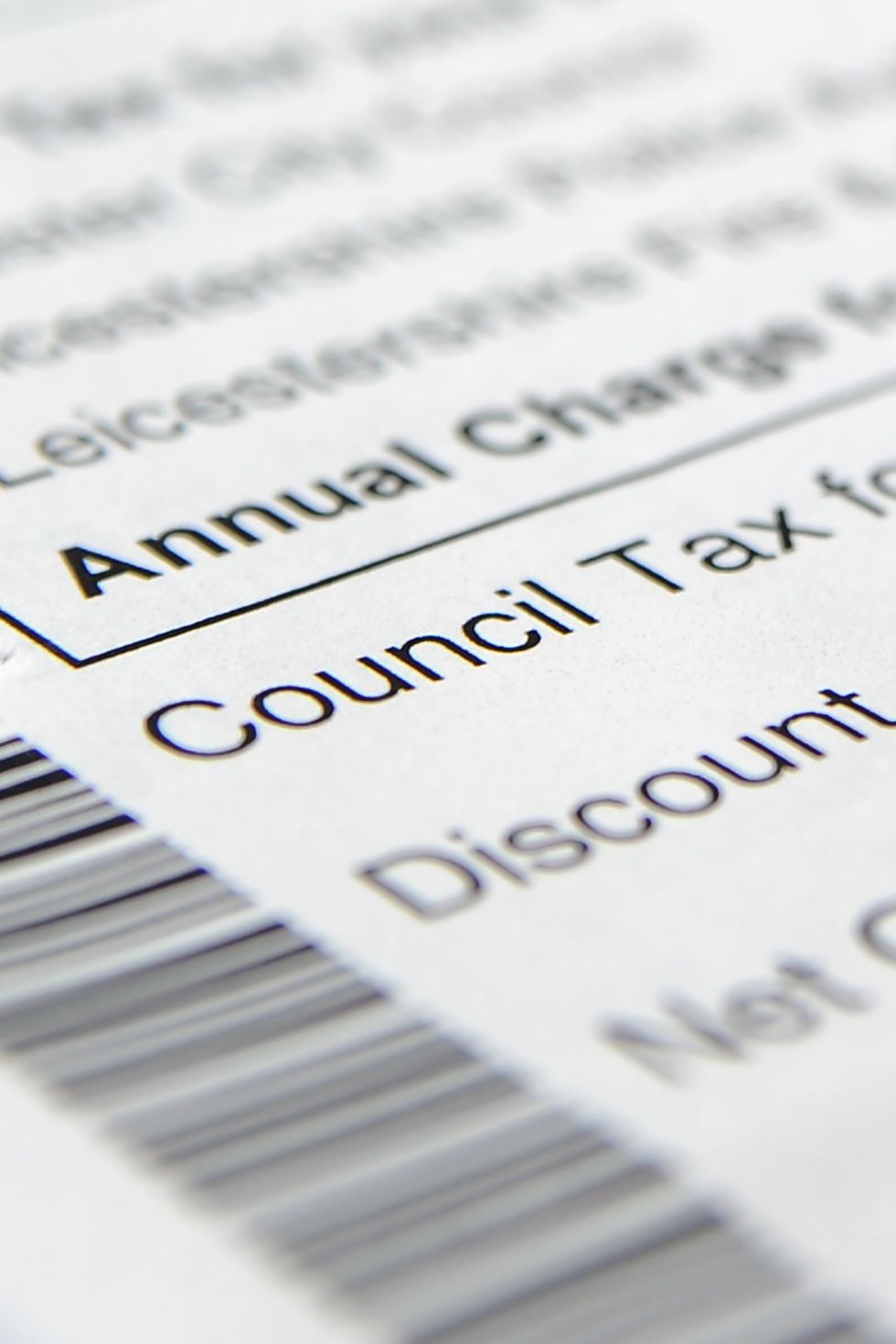The Government is floating more tax cuts but many are concerned about the impact of fiscal drag
Jeremy Hunt announced a cut to the National Insurance rate in his Autumn Statement but income tax thresholds remaining the same could negate the impact of this “boost”
Don't Miss
Most Read
Trending on GB News
The cut to the National Insurance (NI) rate has been praised as a “welcome New Year boost” for Britons coming out of the cost of living crisis, but the impact will be swamped by frozen tax thresholds.
Experts are sounding the alarm that many households are likely to be hit by an on-going six-year stealth tax, which is dragging earners into higher tax bands through fiscal drag.
Class one NI will be reduced from 12 per cent to 10 per cent from tomorrow, which will mean 27 million workers will effectively pay around 15 per cent less than before.
For the average employee in Britain on a salary of £35,400, this will a saving equivalent to £450 annually.

National Insurance cut ‘relief’ for taxpayers but Britons could still be hit with stealth tax
GETTY
This will reduce the current combined tax rate of 32 per cent for workers paying the basic rate to 30 per cent.
Steven Cameron, the pensions director at Aegon, hailed the changes to NI as much-needed “relief” for employees.
He described tomorrow’s reduction in the National Insurance rate as a “welcome New Year boost” for millions of workers who have been straddled with a rising tax burden recently.
Mr Cameron said the NI cut is more likely to impact people’s finances than a income tax cut, explaining: “While positioned as a ‘tax’ cut, National Insurance operates differently from income tax.
“First, individuals above state pension age, currently 66, are already exempt from paying National Insurance so they won’t see any difference to their finances.
“Second, unlike income tax rates which are set by devolved Governments, the NI change will benefit those across the UK including those in Scotland, many of whom face an income tax hike come April.
“Third, the National Insurance cut doesn’t affect the generosity of pensions tax relief. Had income tax been cut instead of NI, pensions tax relief would have been reduced accordingly.”
Despite this “welcome” relief for taxpayers, experts have warned taxpayers won’t feel the full benefit due to fiscal drag.
LATEST DEVELOPMENTS:

Experts are urging the Government to consider raising tax allowance
PAThis is the term used to describe when wages rise but tax allowance thresholds remain the same, which means workers are more likely to be dragged into higher bands.
Chancellor Jeremy Hunt has confirmed that income tax thresholds will remain frozen until 2028 which some experts believe the National Insurance will “unlikely cover the impact of”.
James McCaffrey, spokesperson for TotallyMoney, said: “Over the next few years, it’s estimated that nearly four million more people will start paying income tax, while three million will be subject to higher rates.
“Real household disposable incomes are continuing to slide and while a cut to National Insurance will be of some benefit, it’s unlikely to cover the impact of the soaring cost of living and the freeze to income tax.”









